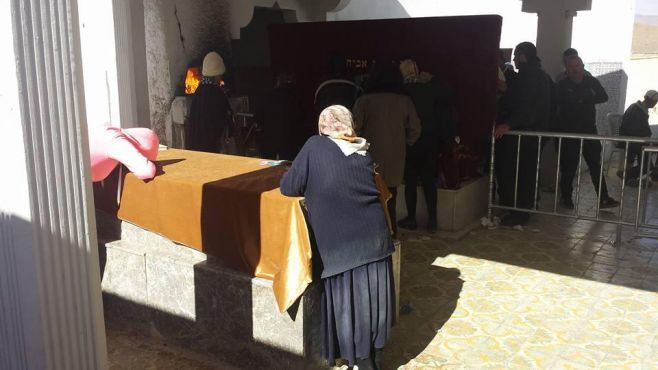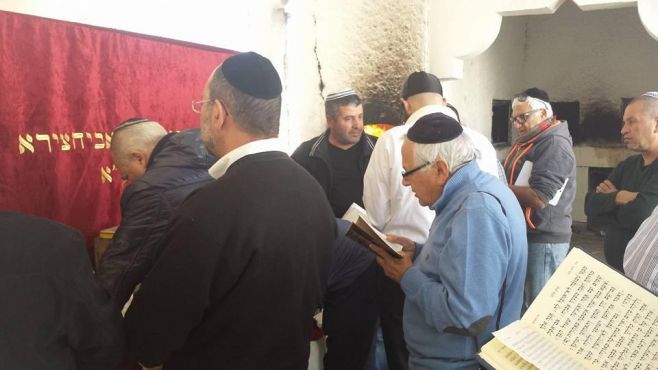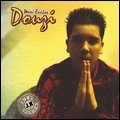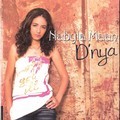It is in Rissani, south of the city of Errachidia, that Rabbi Its'Hak Abe'hssira was born. According to the work of his son Rav Chimon Abe'hssira, the Jewish scholar was born in 1859, «to a renowned lineage». He was thus «the brother of Baba Salé and the grandson of the excellent scholar, Rabbi Ya'akov (or Yaacoub) Abe'hssira».
Growing up in the region of Tafilalet, Rabbi Its'Hak Abe'hssira began a journey of nearly a quarter of a century on his way to Palestine. «Endowed with a rare charisma and erudition recognized by his peers, he was immediately named Rav of the cities of Ramle and Lod. Being an unparalleled builder, he led a constant battle until his last breath so that the Torah, its values and its representatives be respected in a new country in search of an identity», his son explains in the introduction of the book, relayed by the Gallia Bookstore.

This book also speaks of a «tireless struggle for the establishment of religious schools, places of study and worship» of the Rabbi who «died in a tragic road accident».
A descendant of a line of Rabbis
His grandfather was Rabbi Yaacov Abe'hssira, born in Tafilalet in 1807, according to the website of the Hevrat Pinto Institute. He would also have been a «Torah lover» who «slept very little and spent the whole week, night and day, studying the holy book». Rabbi Yaacov Abe'hssira, grandfather of Rabbi Its'Hak Abe'hssira, has authored twelve famous works for the Jewish community. The Tasdik buried in Toulal is also the brother (or uncle according to other accounts) of Rabbi Israel Abe'hssira, also known as «Baba Salé».
Having grown up in a devout family, Rabbi Its'Hak Abe'hssira has also authored a religious song known in the Moroccan Jewish community, entitled «A'oufa Echkona» which he would have composed at the age of 12, as reported by Torah-box.
«Of course, this song contains invaluable secrets of Kabbalah for which his descendants took the time to write pages upon pages of comments».
The same source also relates one of the miracles of this Jewish saint who lived in Morocco. While he was visiting a village near Marrakech, the Rabbi would have asked the Jewish community to pray to protect a Jew from the death threat of a governor. The latter, while «sitting with his family at that moment, collapsed suddenly, hit by a bullet of unknown origin», the platform explains.

A Mah'ia-drinking Saint ?
Another story brings other information concerning the death of the Rabbi, which would have taken place on «14 Chevat 5672», corresponding to February 2, 1912, without specifying the date of birth of the Tasdik. In 2004, an Associated Press report produced during the Hiloula of Rabbi Its'Hak Abe'hssira near Toulal, reviews the celebrations and quotes the testimony of a faithful who came to pay homage to the Rabbi.
«He was a holy man who drank a lot of Mah'ia (fig liquor distilled in Morocco). It is to celebrate his memory that we drink and sing around his grave».
The agency also reports that «traditional Jewish songs are heard in the desert during the icy night, [and that] the crowd presses for a drink to the eternal health of the saint and to make a wish for happiness», all around the tomb, the synagogue it and the houses surrounding the holy site.

«The site, as usual, was safe and secured privately and by the authorities, it was impeccably clean, the helpers and staff from neighboring villages were all badged and filtered to better control everyone, the tomb’s location was kept impeccably well and was already invaded by all the visitors arriving in mass by all sorts of possible transportation means: taxis, vans, mini cars, personal cars, all invade the central place of the Saint», another pilgrim of the Hiloula of Rabbi Its' Hak Abehssira recounts.
According to him, the three-day celebrations are usually divided into three periods, starting with a common prayer in the synagogue and another moment of recollection and finishes with worshipers returning «to the Tzaddik's tomb for the feast that was to last all night», he says.





 chargement...
chargement...
















